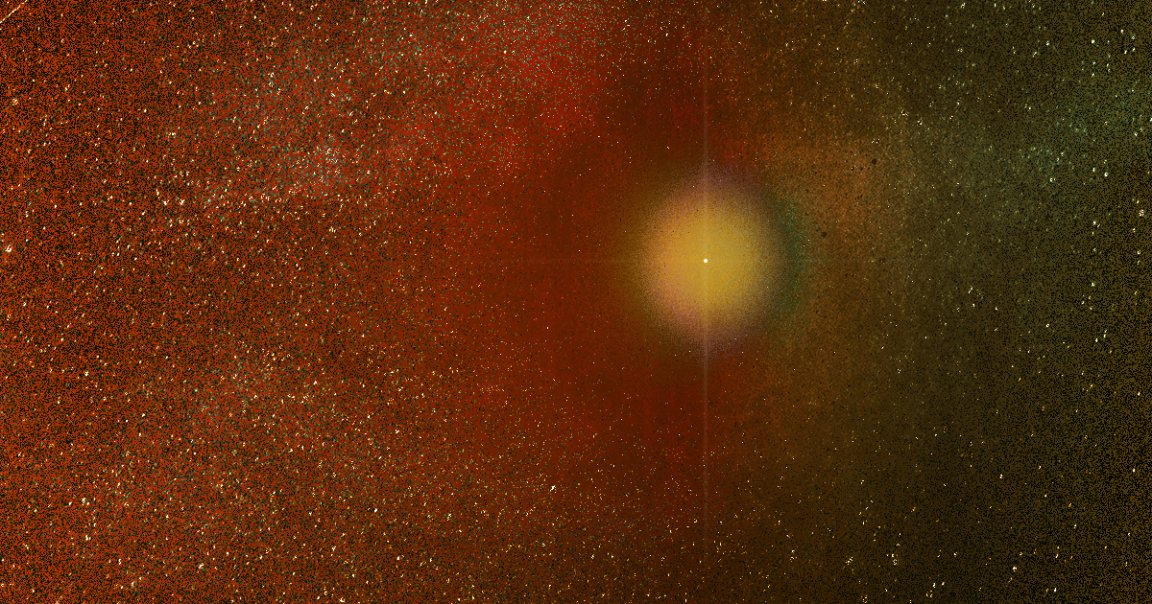
Little Big Exoplanet
NASA’s Transiting Exoplanet Survey Satellite (TESS) keeps knocking it out of the park with planet discoveries. The satellite’s most recent finding is a little exoplanet called L 98-59b — and it’s the tiniest exoplanet TESS has ever spotted.
Measuring slightly bigger than Mars, but still smaller than Earth, the exoplanet orbits its own bright, cool nearby star about 35 light-years away, alongside two other exoplanets. NASA wants to begin studying the three planets to study whether they’ve got atmospheres, and if they do, what gasses comprise these atmospheres. The three exoplanets “are prime targets for further follow-up observations” according to research on the discovery published in The Astronomical Journal, and studying them could potentially reveal a host of other nearby undiscovered planets.

Small Planets, Big Potential
All three worlds in the L 98-59 system were discovered by TESS using “transits,” or periodic dips in a star’s brightness. These happen when each planet passes in front of the satellite. TESS holds still for about 27 days at a time to monitor one 24-by-96-degree sector of the sky during this process, and in July, the mission will have completed its first year of observations.
The other two worlds in the system, L 98-59c and L 98-59d, are about 1.4 and 1.6 times bigger than Earth. Unfortunately, NASA says none of the planets lie within their star’s habitable zone, which would make the existence of liquid water possible. But despite that, the planets do occupy the “Venus zone,” where a planet with an Earth-like atmosphere could experience a greenhouse gas effect, that would (theoretically!) give it a Venus-like atmosphere — but NASA says more study of the planets is required before we know for sure.
“The discovery is a great engineering and scientific accomplishment for TESS,” said Veselin Kostov, an astrophysicist for NASA’s Goddard Space Flight Center. “For atmospheric studies of small planets, you need short orbits around bright stars, but such planets are difficult to detect. This system has the potential for fascinating future studies.”
READ MORE: TESS Finds Its Smallest Planet Yet [NASA]
Read more on recently-discovered exoplanets: Scientists Find the Most Earth-Like Exoplanet Ever — and It’s Nearby